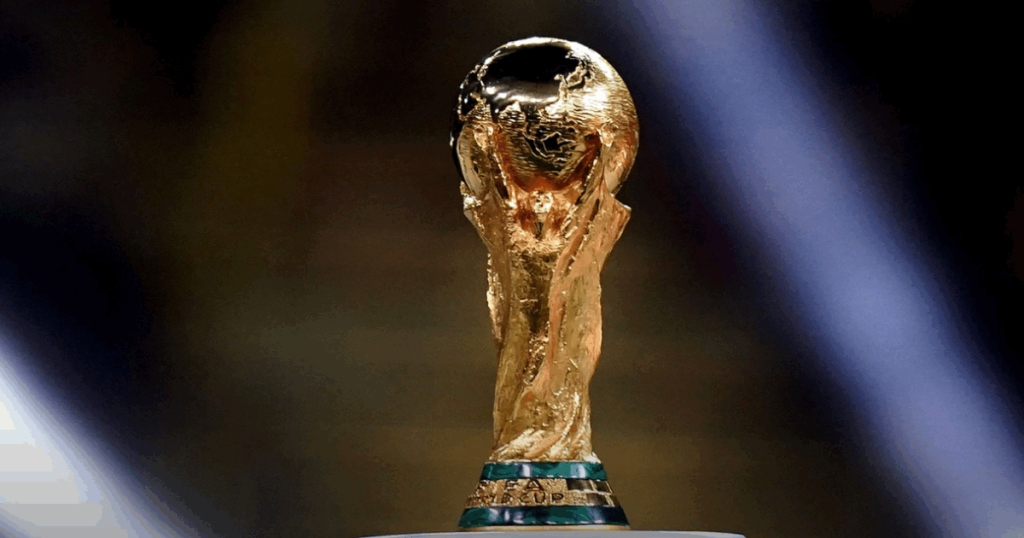Matchday 7 of the African 2026 World Cup qualifiers witnessed a flurry of action across the continent, with several teams solidifying their positions while others faced setbacks. The results further shaped the landscape of the qualifying campaign, highlighting the competitive nature of African football and setting the stage for an exciting culmination in the upcoming matchdays.
Group A saw a closely contested match between Guinea-Bissau and Sierra Leone, ending in a 1-1 draw. Sierra Leone drew first blood with a goal from Kamara just before half-time, but Guinea-Bissau responded in the second half with an equalizer from Balde, ensuring a share of the spoils. This result keeps both teams in contention for qualification, although their paths to the World Cup remain challenging.
In Group D, Cape Verde asserted their dominance with a 2-0 victory over Mauritius. Goals from Cabral and Borges secured the win, propelling Cape Verde to the top of the group standings. Meanwhile, Angola suffered a setback with a 1-0 loss to Libya, courtesy of a goal from El Mariamy. Cameroon displayed their prowess with a commanding 3-0 victory over Eswatini. An own goal from Gamedze, followed by strikes from N’Koudou and Avom, sealed the comprehensive win for the Indomitable Lions, cementing their position as group favorites.
Group G witnessed an enthralling encounter between Algeria and Botswana. Despite Botswana’s spirited performance and a goal from Kopelang, Algeria emerged victorious with a 3-1 scoreline. Amoura, Bounedjah (with two goals) were the goal scorers for Algeria demonstrating their attacking prowess and reaffirming their status as a force to be reckoned with in African football.
Group H featured a six-goal thriller between Sao Tome e Principe and Equatorial Guinea. Sao Tome, playing at a neutral venue, put up a valiant fight with two penalty goals from Afonso, but ultimately succumbed to Equatorial Guinea’s attacking firepower, who netted three times through Ganet, Salvador, and Nabil. Tunisia continued their strong qualifying campaign with a comfortable 3-0 victory over Liberia. Goals from Mastouri, Sassi, and Saad sealed the win for the Carthage Eagles, solidifying their position at the top of the group and boosting their chances of securing a World Cup berth.
Group I provided another set of intriguing results. Chad held Ghana, one of Africa’s footballing giants, to a 1-1 draw. Ayew’s early goal for Ghana was canceled out by a late equalizer from Ecua, giving Chad a valuable point. Madagascar, also playing at a neutral venue, secured a crucial 2-0 victory against the Central African Republic, with goals from Caddy and Randrianantenaina. Mali, playing their home match at a neutral venue, made a powerful statement with a 3-0 victory over Comoros. Goals from Nene, Doumbia (penalty), and Coulibaly ensured a resounding win for Mali, keeping their World Cup hopes alive.
These results highlight the intensity and unpredictability of the African World Cup qualifiers. Several teams are emerging as frontrunners, while others face uphill battles to secure a place in the prestigious tournament. The upcoming matchdays promise even more drama and excitement as the race for qualification intensifies.
The use of neutral venues for some teams highlights the importance of having FIFA-approved stadiums. These requirements ensure a standard level of quality and safety for international matches and are crucial for the development of football infrastructure across the continent. The teams playing at neutral venues, while perhaps facing a slight disadvantage due to the lack of home support, have shown resilience and determination.
The African qualifiers showcase the depth of talent across the continent. From established stars to emerging talents, the competition has provided a platform for players to shine and demonstrate their skills on the international stage. The blend of experienced players and promising youngsters creates a dynamic and exciting atmosphere, making the African qualifiers one of the most captivating qualifying campaigns globally.
The journey to the 2026 World Cup is far from over, and the remaining matchdays will be crucial in determining which teams will ultimately represent Africa at the global showpiece event. The competition is fierce, and each match carries significant weight, adding to the drama and anticipation. The results of Matchday 7 have set the stage for a thrilling climax to the qualifying campaign, with several teams still vying for the coveted spots in the World Cup.
The qualifiers also underscore the passion for football across Africa. Despite the challenges and setbacks, the enthusiasm and dedication of the players and fans remain unwavering. Football is more than just a sport in Africa; it is a unifying force that brings people together and inspires hope. The World Cup qualifiers are a testament to this passion and highlight the important role football plays in the social fabric of the continent.
As the African qualifiers progress, the footballing world eagerly awaits the final outcome. The journey to the 2026 World Cup is a test of skill, determination, and resilience, and only the strongest teams will emerge victorious. The remaining matches promise to be captivating, filled with drama, excitement, and a display of African football at its finest.














